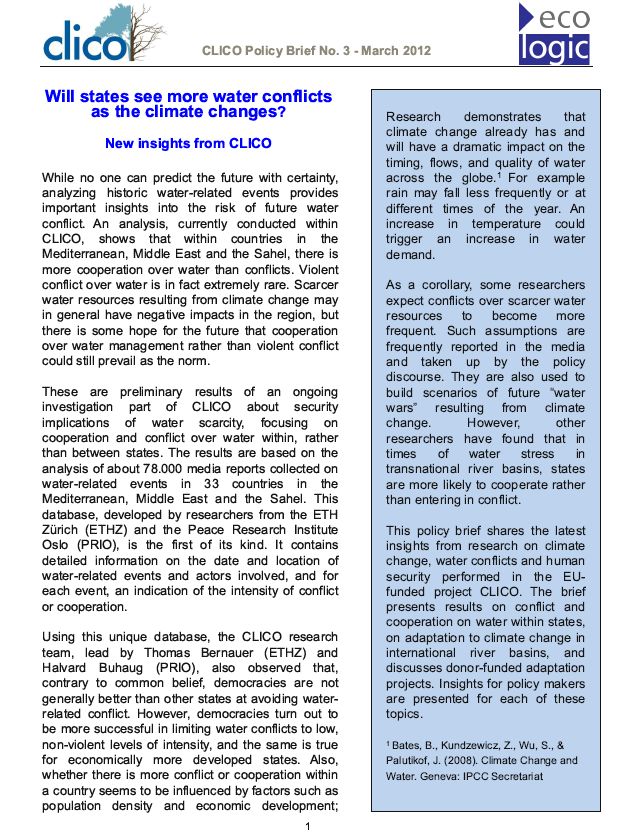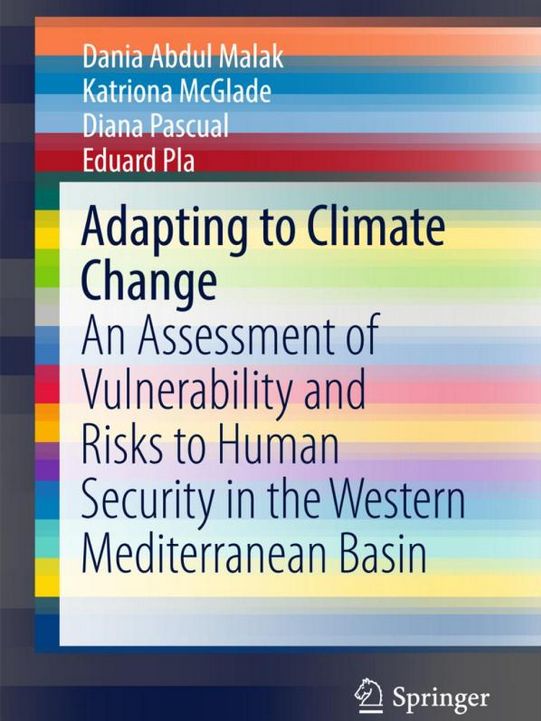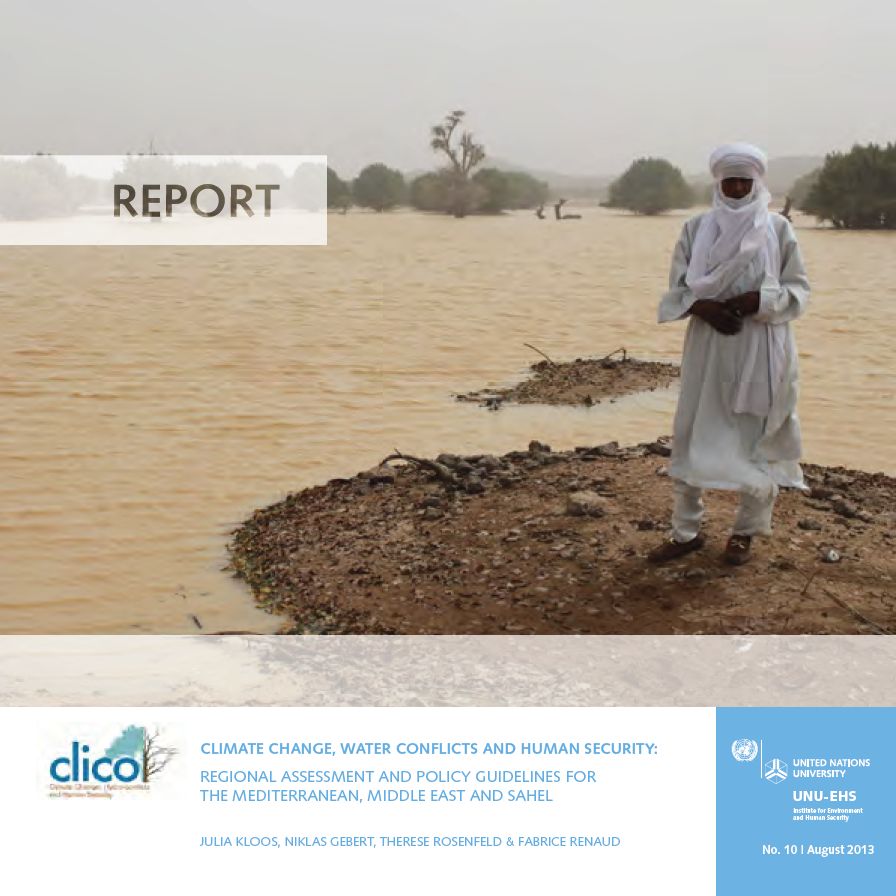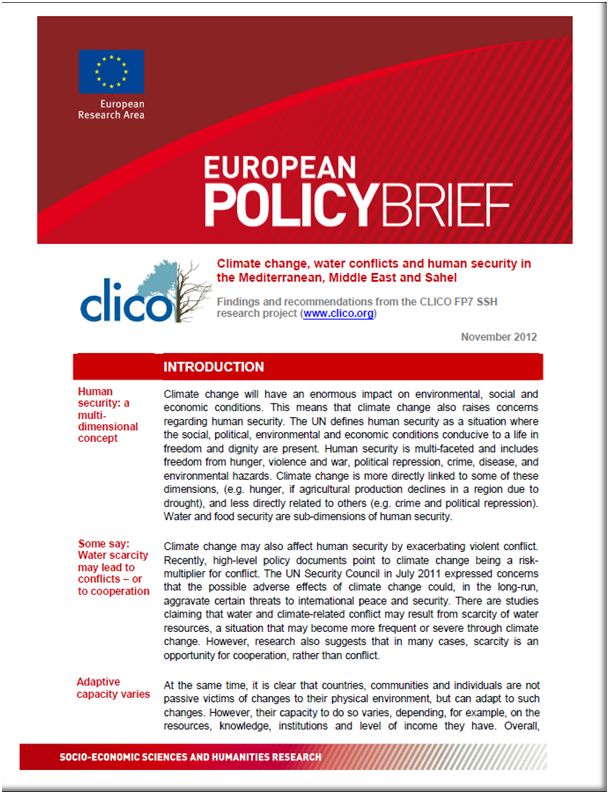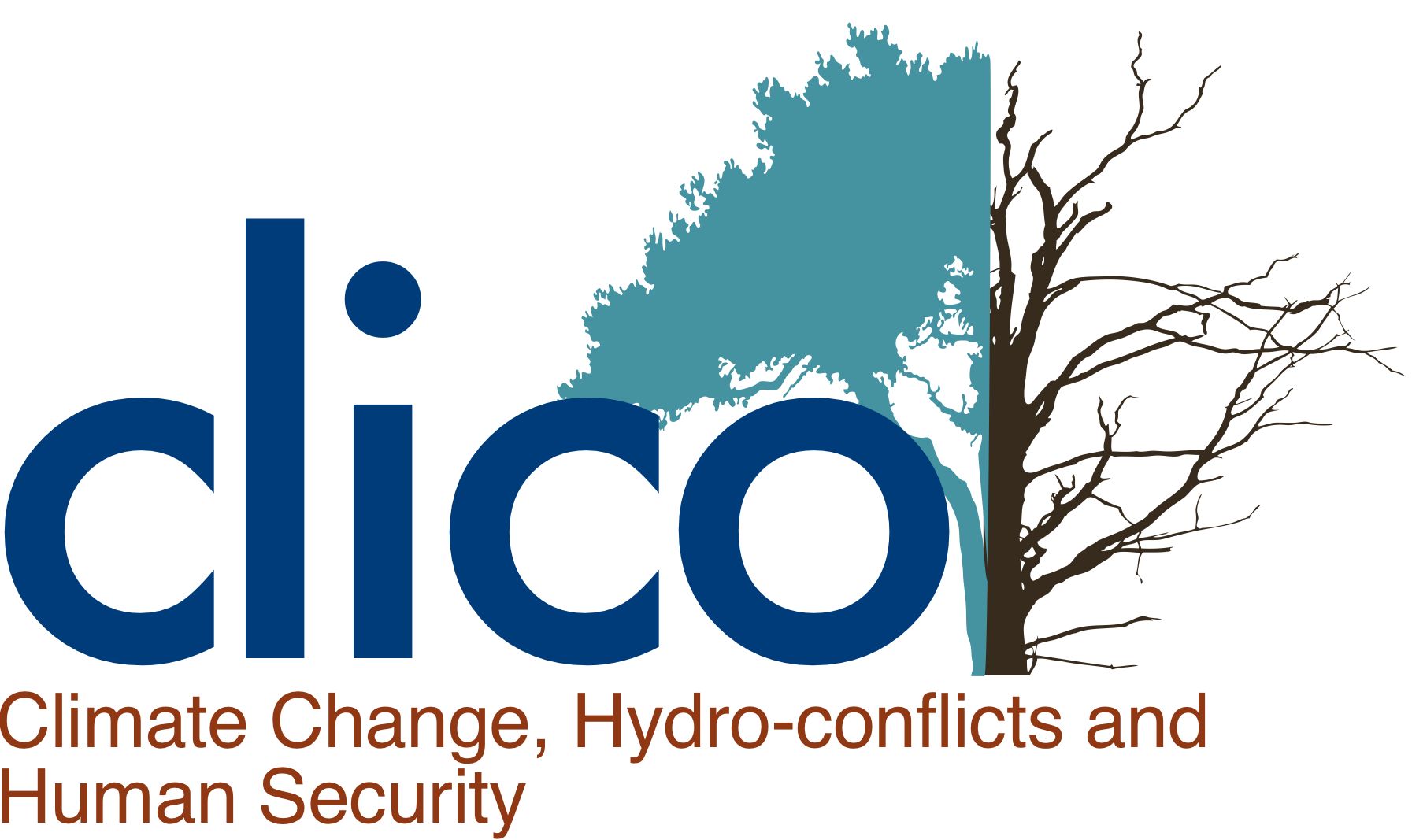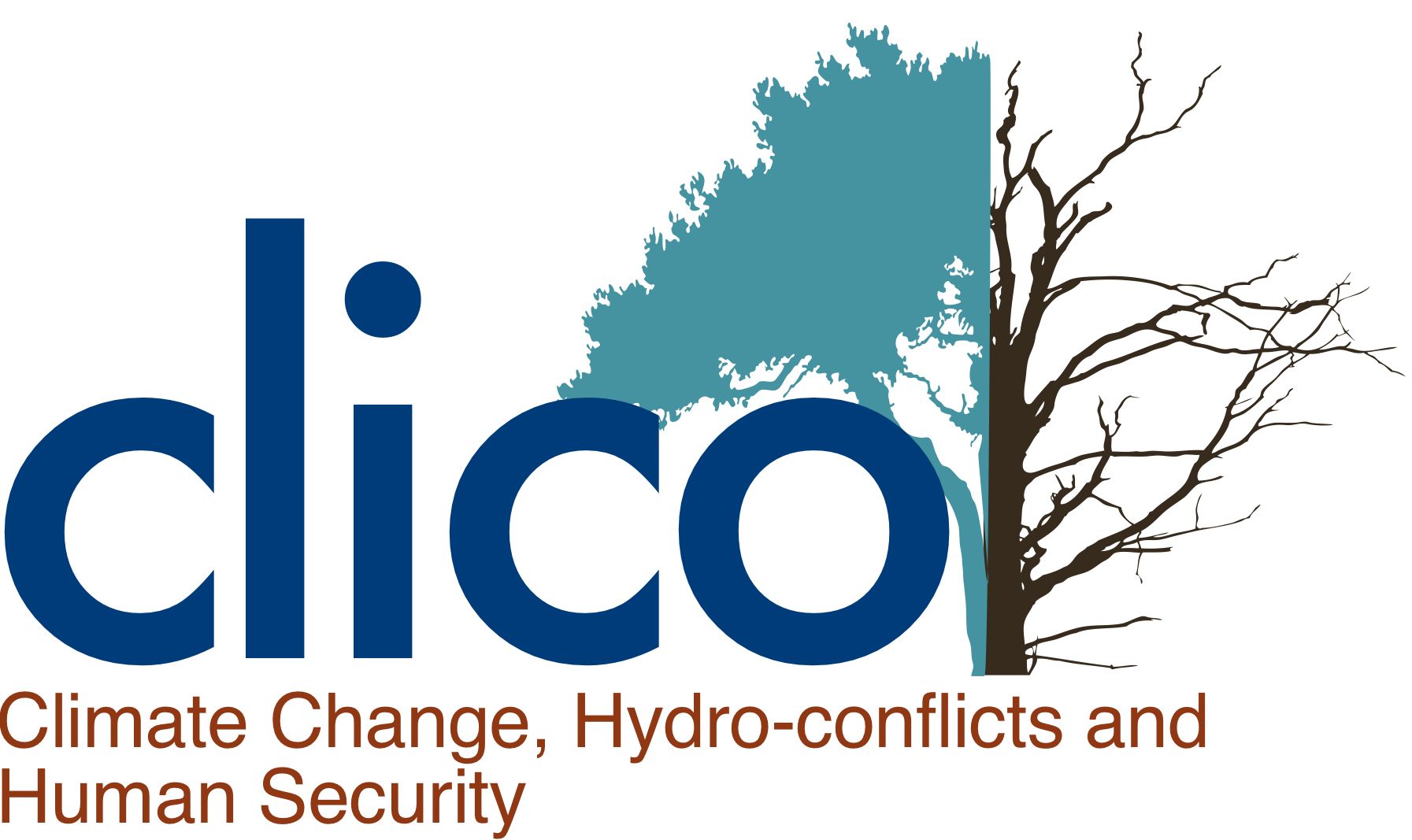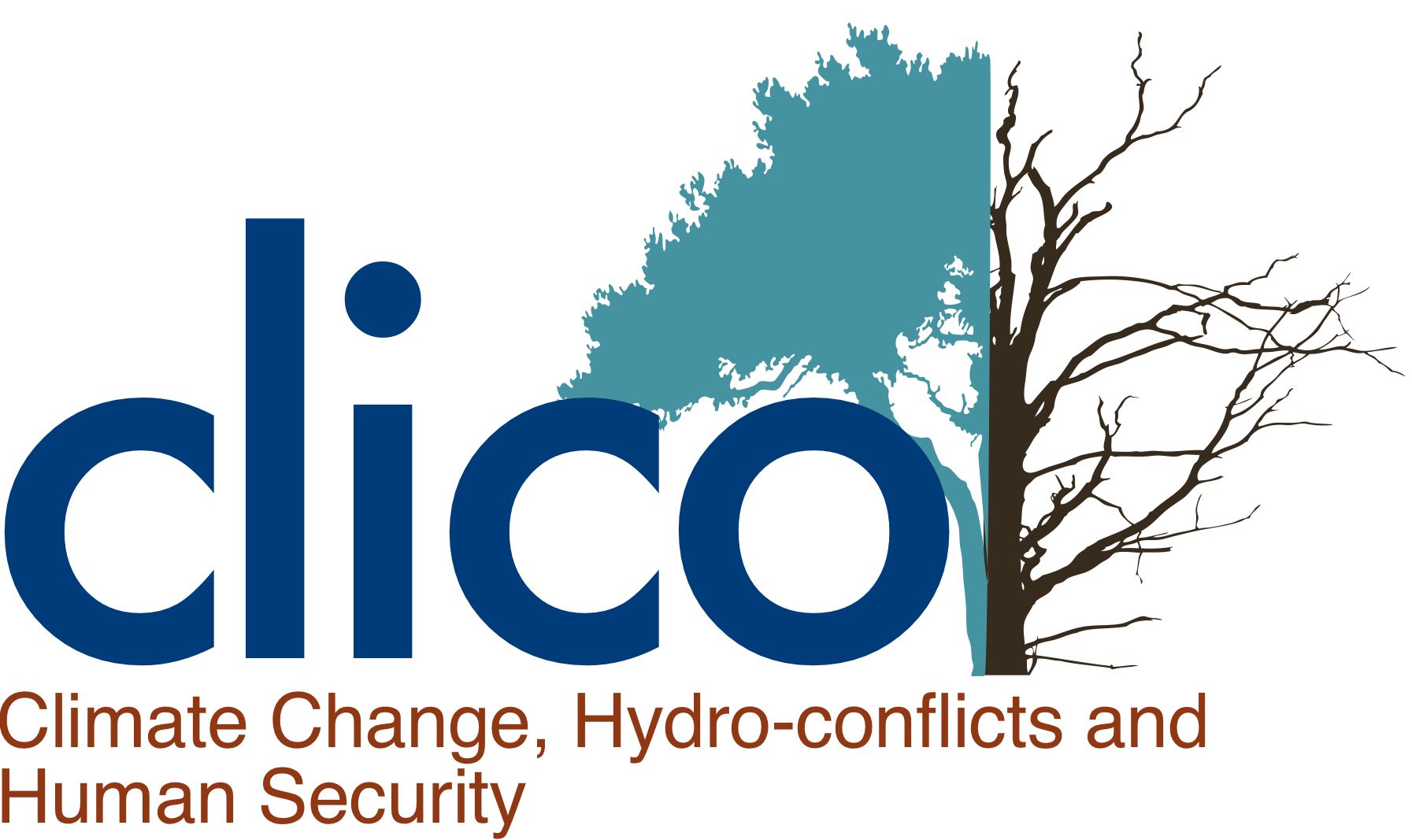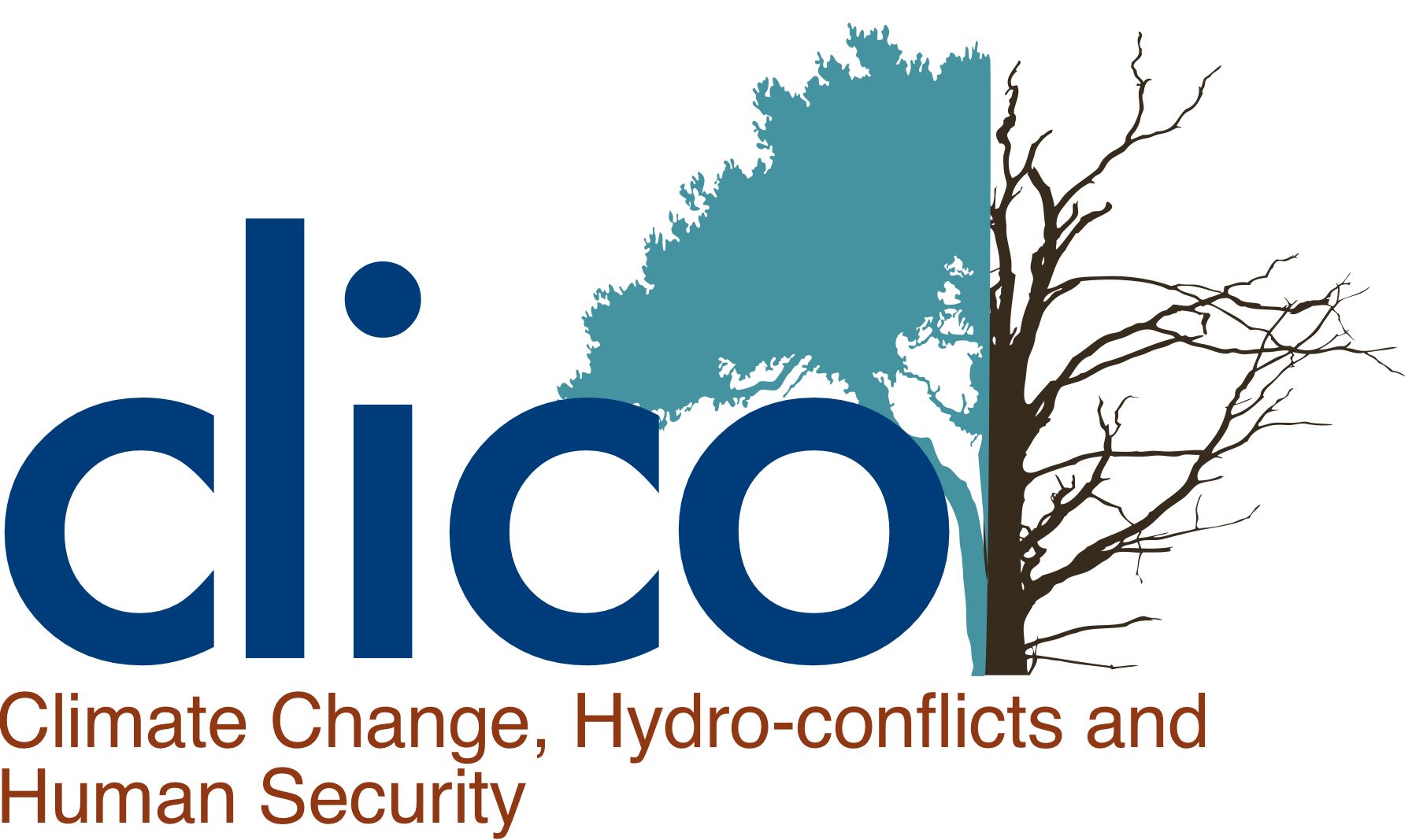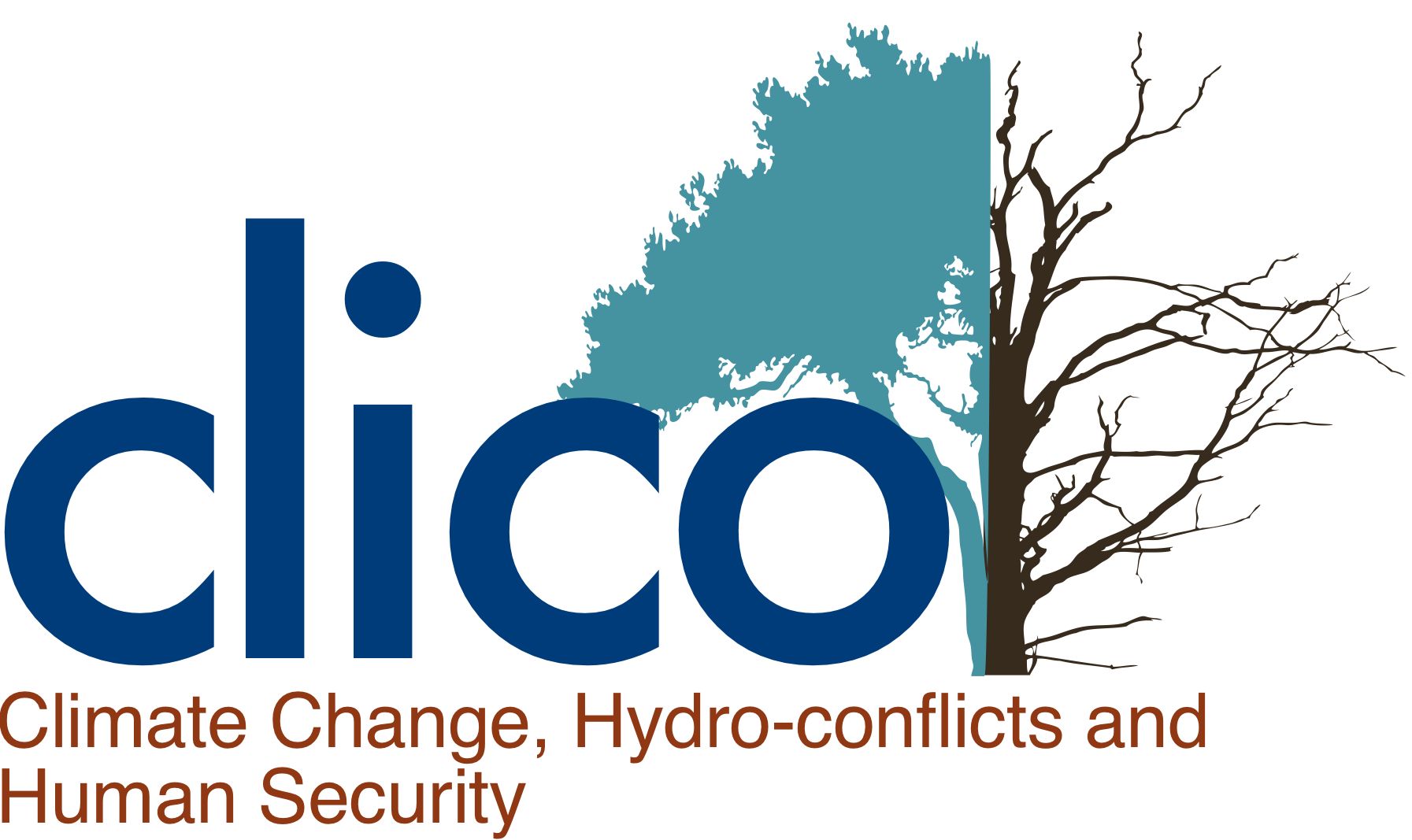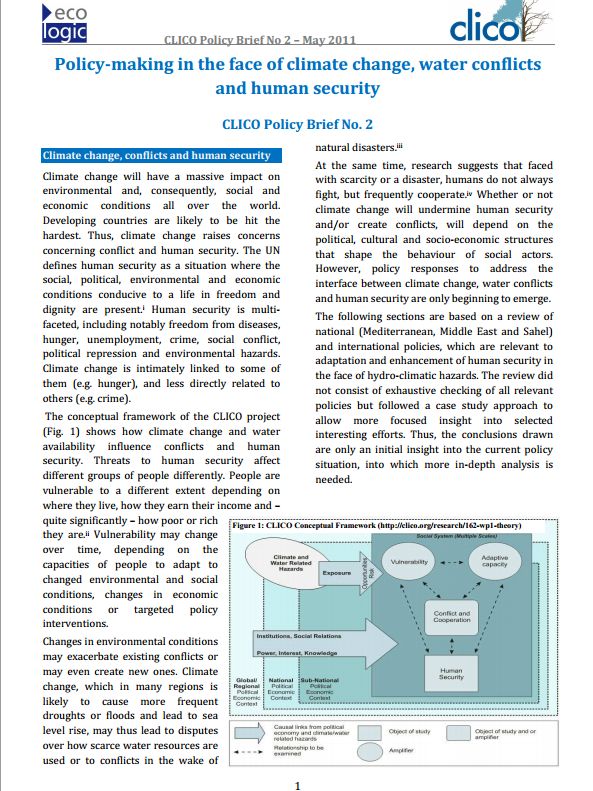Will States See More Water Conflicts as the Climate Changes?
CLICO Policy Brief No. 3
- Publication
- Citation
Gerstetter, Christiane and Rodrigo Vidaurre 2012: Will States See More Water Conflicts as the Climate Changes? - CLICO Policy Brief No. 3. Berlin: Ecologic Institute.
The third policy brief of the EU-funded research project "Climate Change, Hydro-conflicts and Human Security" (CLICO) presents preliminary results on the relationship between climate change and conflicts related to water in the Mediterranean, the Middle East and the Sahel region. The policy brief, written by Christiane Gerstetter and Rodrigo Vidaurre of Ecologic Institute, and a summary in eight different languages are available for download.
An interim result of CLICO is that, within the water-scarce countries in the Mediterranean, Middle East and the Sahel, there has been more cooperation over water than conflicts. Violent conflict over water is in fact extremely rare. The results are based on the analysis of nearly 80.000 media reports in these countries. CLICO researchers from ETH Zürich (ETHZ) and the Peace Research Institute Oslo (PRIO) derive from this some cautious hopes for the future: even if water resources become scarcer as a result of climate change, cooperation rather than violent conflict could prevail as the norm.
CLICO researchers also analysed relationships between states on the issue of water. A team of the Hebrew University Jerusalem studied conflict resolution mechanisms in international water agreements. These mechanisms can help find cooperative solutions to conflicts arising from e.g. rivers carrying less water as a consequence of climate change. One finding is that trust between states, water stress, and dependency on the river's water facilitate the adoption of these mechanisms in water treaties. Additionally, indicators were developed in the context of CLICO that measure the adaptive capacity of transboundary basins. Such indicators are useful for policy and governance purposes because they can help identify suitable policy interventions, determine priorities, set goals, and both track and communicate progress.
The role of international donors in the implementation of adaptation projects was also analysed within the project. While international donor involvement has spurred the adoption of adaptation strategies in some countries (e.g. Palestine), it also comes with some problems of its own. For example, interviews with policy makers in Ethiopia, carried out by Ecologic Institute indicate that adaptation projects should consider carefully how they interact with existing conflicts, for instance between the government and different population groups. If such an analysis is not carried out, the project could run the risk of being perceived as part of the government policy of which some part of the population are highly critical. This could negatively affect an adaptation project's perceived legitimacy and hence performance.
The Third CLICO policy brief [pdf, 260 KB, English] and a summary in eight different languages are available for download.
- Summary in English [pdf, 91 KB, English]
- Summary in Arabic [pdf, 32 KB, Arabic]
- Summary in Amharic [pdf, 874 KB, Amharic]
- Summary in French [pdf, 206 KB, French]
- Summary in German [pdf, 95 KB, German]
- Summary in Italian [pdf, 93 KB, Italian]
- Summary in Spanish [pdf, 65 KB, Spanish]
- Summary in Turkish [pdf, 107 KB, Turkish]
